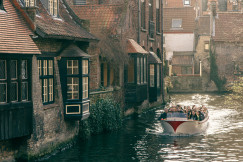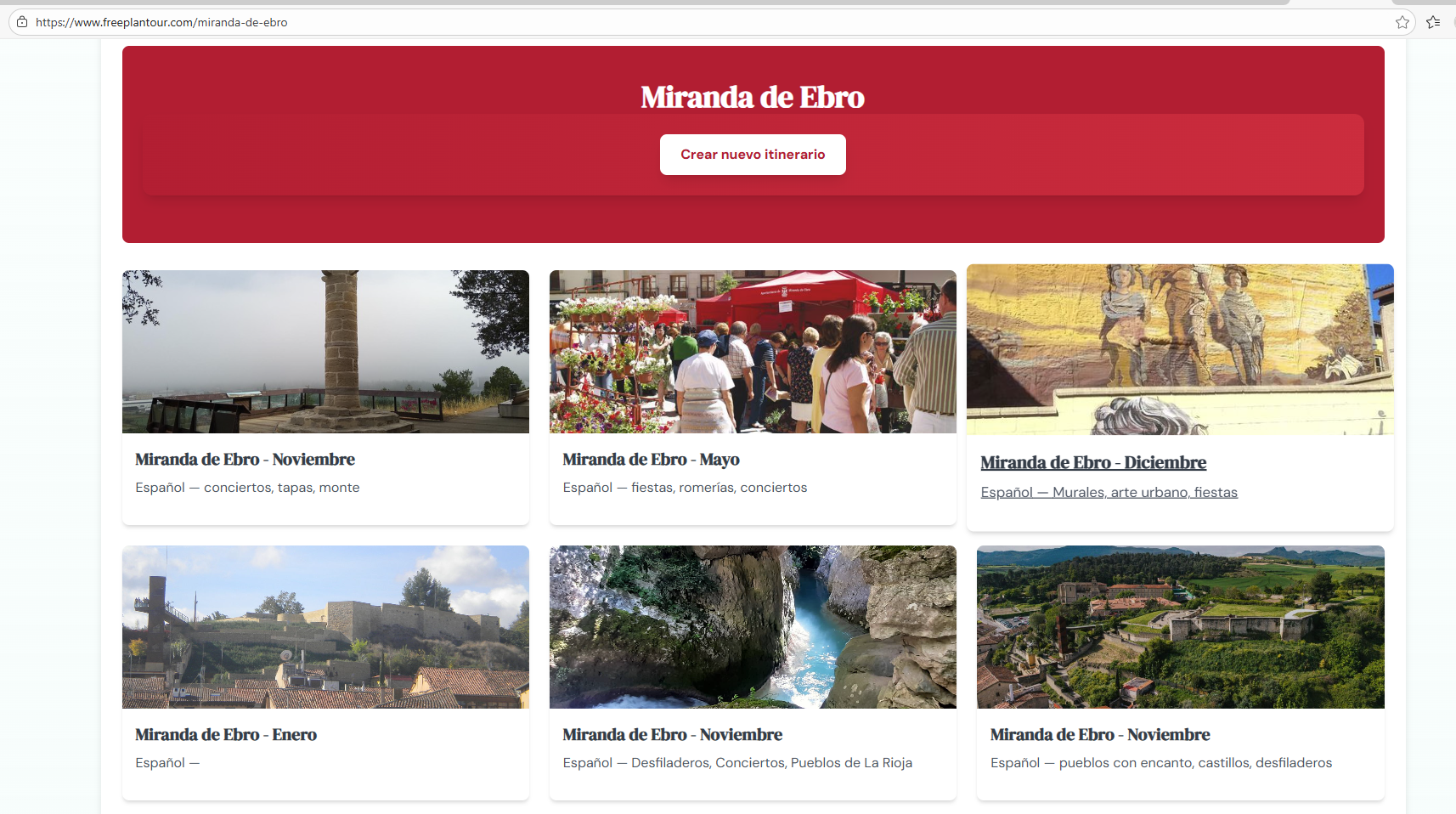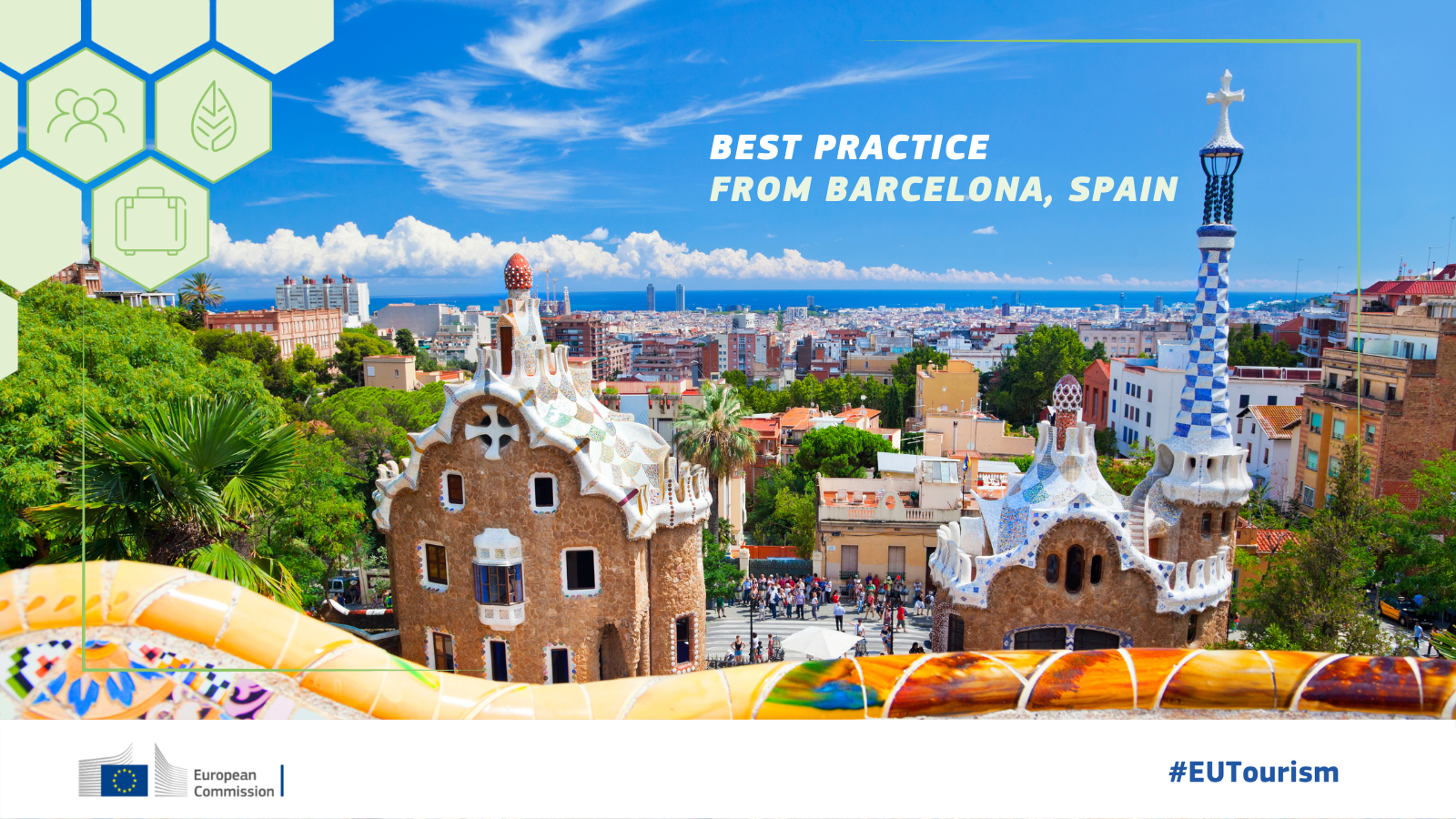Best practices
21 August 2025
Sustainable EU Tourism Project - Best Practice: Bruges
Best practices
21 August 2025
Cultural tourism
Gastronomy tourism
MICE tourism
+13 more
Login / create an account to be able to react
-
20

Bruges, Belgium, has implemented a comprehensive and long-term strategy to manage tourism sustainably, addressing challenges such as overtourism, commercial gentrification, and the marginalisation of residents. Through regulatory measures, stakeholder engagement, digital monitoring, and targeted marketing, Bruges has preserved its cultural heritage and maintained a high quality of life for residents while supporting its tourism economy.
Sustainable EU Tourism project
Sustainable EU Tourism project
Topics
Belgium
Destination Management & Marketing Organisations
Local Authorities
-
Specific types of tourism
-
-
Cultural tourism
-
Gastronomy tourism
-
MICE tourism
-
Urban/city tourism
-
-
Transition Pathway Strategic Areas
-
-
Best practices, peer learning and networking
-
Digitalisation of tourism SMEs and destinations
-
Governance of tourism destinations
-
Improving statistics and indicators
-
Short-term rentals
-
Tourism strategies
-
Well-being of residents
-
-
Business activities
-
-
Holiday Housing / Apartments and other short stay accommodation
-
Hotel and similar accommodation
-
Other accommodation
-
Tour operator activities
-
Water (sea, coastal and inland) passenger transport
-
Share
Bruges, Belgium, has been recognised as a best practice by the Sustainable EU Tourism project for its proactive and strategic approach to managing tourism in an urban heritage setting. Since the 1980s, the city has adopted a concentration model that limits tourism to a small area known as the “Golden Triangle,” helping to preserve the rest of the city for residents. To protect affordability and local character, Bruges implemented bans on new hotel and holiday home construction and introduced pioneering regulations for shared accommodations, allowing only resident-hosted listings.
The city has also capped licenses for touristic transport and cruise ships and developed codes of conduct for guided tours. Bruges uses big data and regular surveys to monitor tourism impacts and inform strategic decisions. Marketing efforts are focused on attracting cultural tourists and families, while avoiding promotion of day trips and party tourism. These measures are embedded in the city’s Strategic Vision Memorandum for Tourism 2019–2024, which emphasises tourism’s social value alongside its economic contribution.
Bruges’ approach demonstrates the importance of balancing tourism growth with community well-being and heritage preservation. It shows how strong governance, stakeholder collaboration, and data-driven planning can lead to sustainable urban tourism. This best practice is important because it exemplifies how a destination can proactively manage tourism to benefit both residents and visitors, ensuring long-term viability and social acceptance.
Documents
Comments (0)
Related content
See also
Sustainable EU Tourism - Key challenges and best practices
- Categories
- Coastal, maritime and inland water tourism Cultural tourism Ecotourism +64 more
Platform for creating accessible and multilingual itineraries with voice assistant
- Categories
- Coastal, maritime and inland water tourism Cultural tourism Ecotourism +64 more
Sustainable EU Tourism project - best practice: Barcelona
- Categories
- Cultural tourism Gastronomy tourism MICE tourism +37 more






